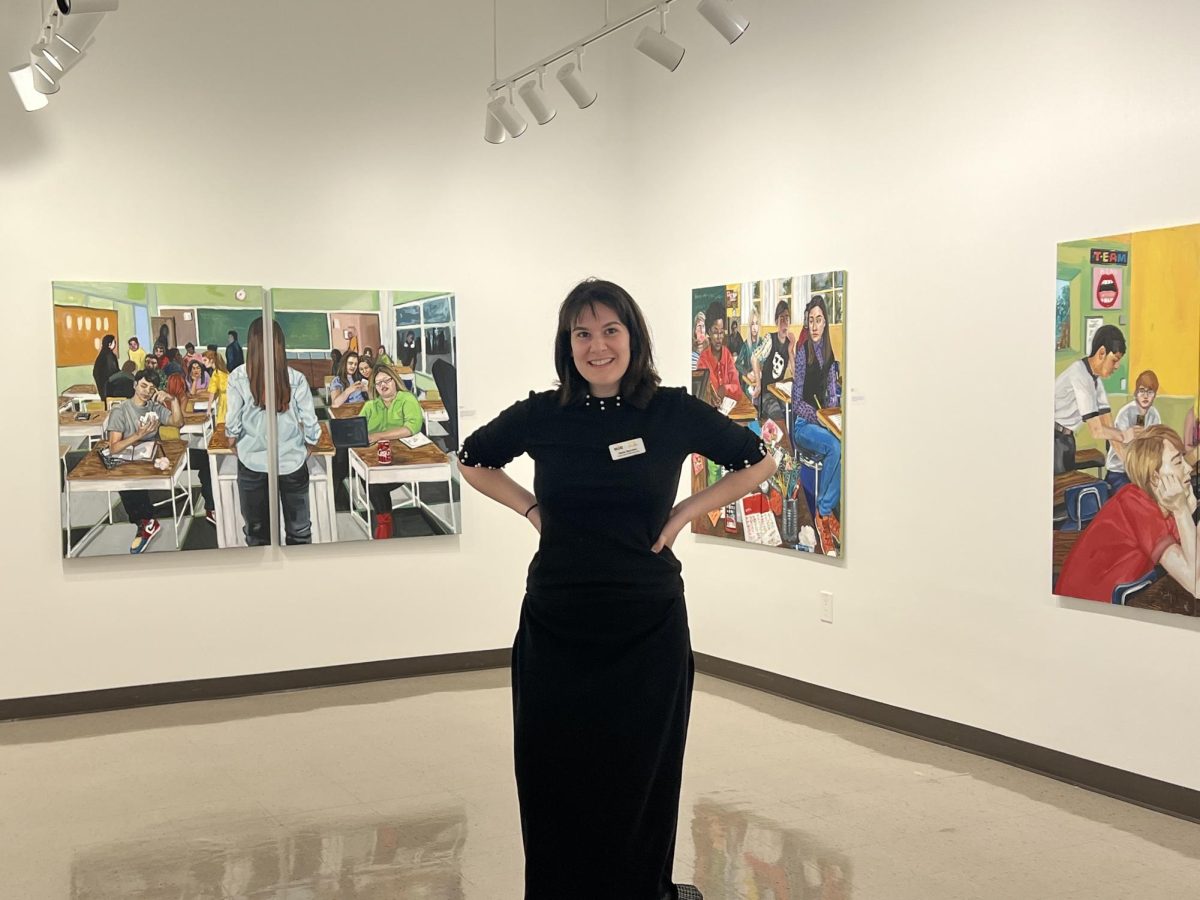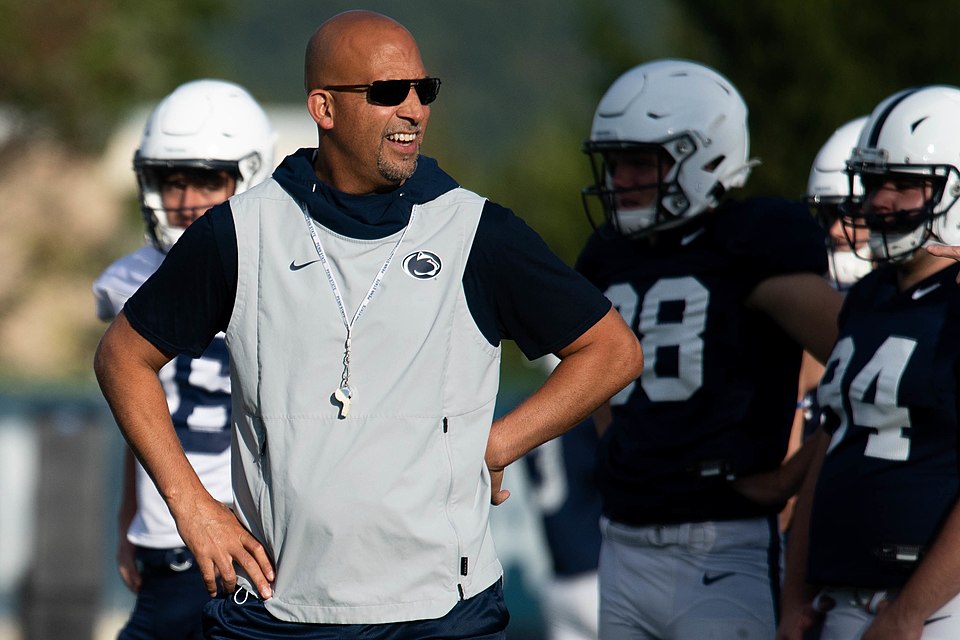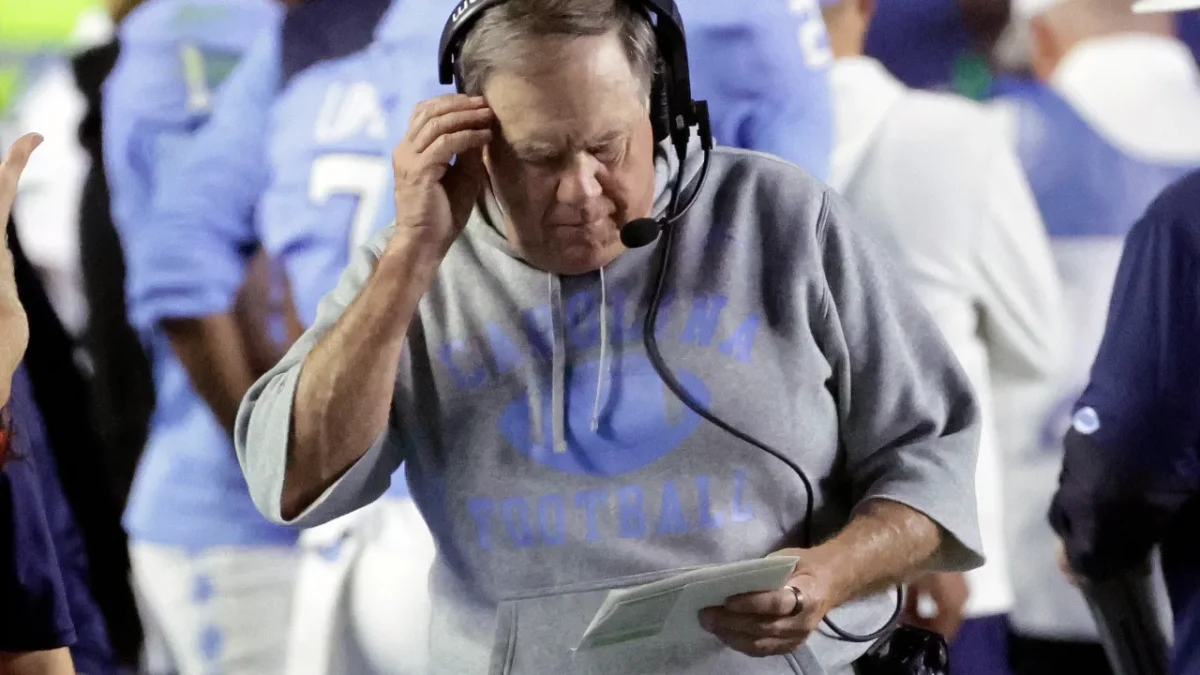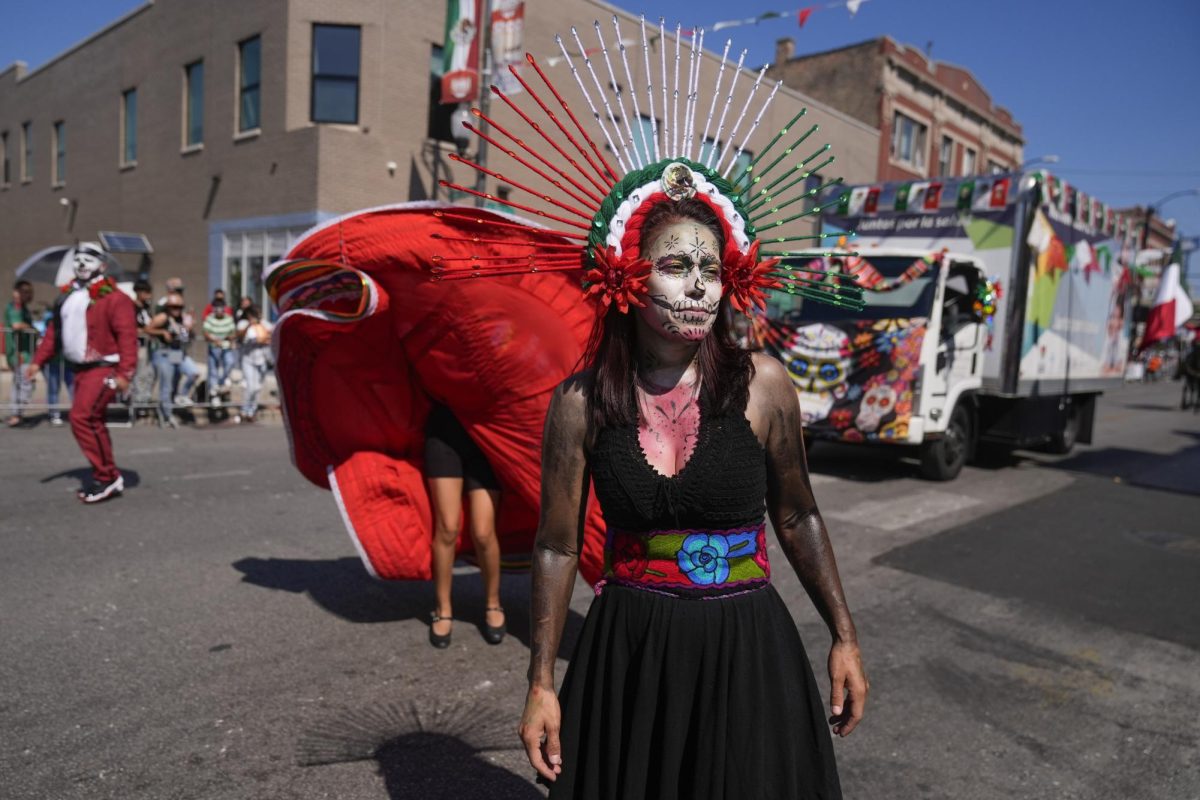Student Gov changes structure
April 19, 2017
Four students voted in favor of changing the core structure of student government at Houston Community College. The motion passed.
The amendments to HCC’s United Student Council constitution is changing the student government system from Student Appointed Representatives to a senator system akin to how the University of Houston’s student government operates.
The change cuts out one layer of student government and is intended to make student government officers more accountable and cooperative district-wide.
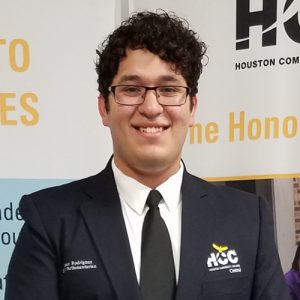
“The only change that is happening is that we will no longer have Student Appointed Representatives,” explained United Student Council President Josue Rodriguez at the April 5 meeting.
Instead, students will directly elect their representatives to the USC and the elected students can be held accountable for representing students at the district-level.
HCC’s student government has operated as seven separate organizations for at least fifteen years. Every college elected a student government board (president, secretary, treasurer, parliamentarian, Sgt. at arms, vice presidents, etc). The Student Government Association from each college (Central, Coleman, Northeast, Northwest, Southeast and Southwest) would send Student Appointed Representatives to the district-wide United Student Council. The Student Appointed Representatives of the United Student Council would elect from among themselves a district-wide president and other executive officers.
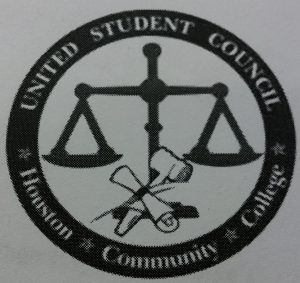
The change means that students will directly elect United Student Council senators. Previously, students voted for student government officers at their college who would appoint representatives to the USC. The senators from each college can form college committees and serve their local college like before. Under the new system, each college will be represented by a minimum of four senators, with an additional senator for every additional 1,000 students over 4,000.
The Chancellor’s College Transformation plan has finally reached student government. (To be clear, Chancellor Cesar Maldonado had nothing to do with this student government vote.) Transformation is the plan to make HCC operate as a single college instead of six. When transformation started, all student organizations became district-wide organizations, so technically HCC has had seven operational district-wide student government organizations for the past two years. This change means that the student government at HCC will start operating more like a single student government organization, not seven.
Technically the Student Government Associations at each college still exist, but the United Student Council is fulfilling their function. The SGAs can only be dissolved if they vote to dissolve themselves. However, with the USC directly electing senators instead of having Student Appointed Representatives from the SGAs, the six SGAs have fewer responsibilities and are not as necessary as before. If an SGA still hold elections instead of dissolving themselves, HCC could continue to have multiple student government organizations existing at once but the SGAs will no longer be sending representatives to the USC.
There were nine students and two student life advisors at the special United Student Council meeting on Wednesday, April 5 when the vote took place. After some rewording of the amendments, five students voted: one abstained and four voted in favor. The three students present who were USC executive officers could not vote. The meeting started late as they waited for the last student to arrive so a quorum could be met. The vote to amend the USC Constitution took place after the group voted to suspend the normal parliamentary rules of order.
Although the meeting took place at their normal meeting room on the second floor of the HCC Administrative building at 3100 Main, it wasn’t their normal meeting day. It was changed from their usual Friday meeting day to a Wednesday for student officers who were at a convention. They still didn’t attend.
Only Central, Coleman and Southeast were represented at the meeting when the vote took place. To meet quorum, the United Student Council needed a majority of its executive officers present, three out of five were in attendance. According to their constitution, they also need at least two Student Appointed Representatives from at least two different colleges; Southeast was represented by four and Central had one present.
These changes were originally proposed to the general assembly on February 3 when there were at least a dozen student representatives present. However, objections were raised about the low attendance and lack of prior student input so the proposal was tabled for a later date. Student input led to some changes to the proposal, but fewer students showed up for the later date.
“We are making a decision that is going to be impactful district-wide, not even just for our campus,” said a southeast representative at the April 5 meeting who objected to voting on the proposal without representatives from each college present. He abstained from voting.
“If we have another meeting, I can’t promise you that we’ll have more students. I can’t even promise you that we’ll have a quorum because we can’t force the Student Appointed Representatives to be here,” said Rodriguez, who pointed out that low attendance by Student Appointed Representatives and the lack of accountability were two of the issues this new proposal is attempting to remedy.
The new system will award student government officers stipends on a task-completion system (student government officers will receive $1,000 per semester). They have to attend USC meetings, and HCC Board of Trustee meetings, in order to be given their full stipend. Under the old system, there is no way for Student Appointed Representatives to be held accountable for attending USC meetings.








